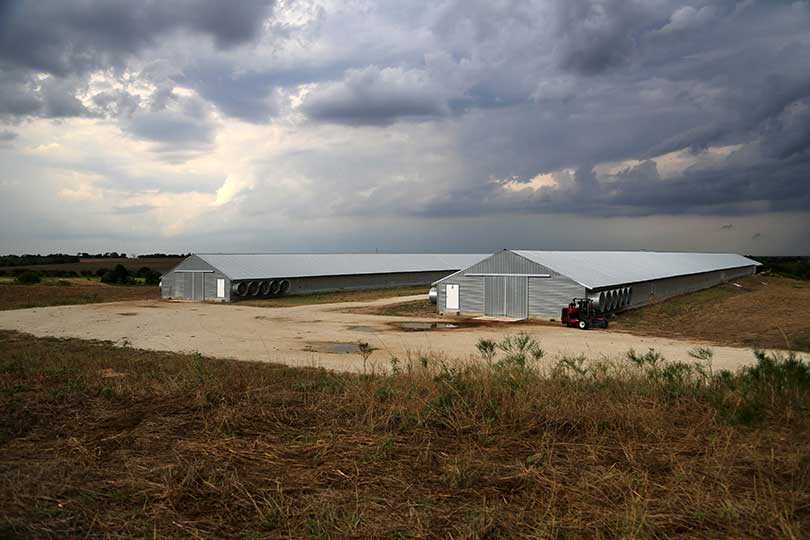A highly pathogenic strain of H7 avian influenza (HPAI) in a U.S. commercial flock has been confirmed by the U.S. Department of Agriculture (USDA) Animal and Plant Health Inspection Service (APHIS).
The strain of bird flu was detected in a commercial chicken breeder flock in Tennessee contracted to Tyson Foods, Inc. This is the first confirmed case of HPAI in a commercial poultry operation in the U.S. this year.
Samples from the affected flock were tested at Tennessee’s Kord Animal Health Diagnostic Laboratory and confirmed at the APHIS National Veterinary Services Laboratories in Iowa.
Virus testing is ongoing to determine the “N-type” of the virus.
Officials are working with the Tennessee Department of Agriculture (TDA) on an incident response. TDA is working directly with poultry workers at the affected facility to ensure they are taking the proper precautions to prevent illness and contain disease spread.
According to the USDA report, some 73,000 birds will be culled as a result to stop the virus from entering the food system.
HPAI is thought to be spread by wild birds, which can carry the disease without appearing to be sick.
The detection in Tennessee occurred in the Mississippi flyway, the path that wild birds follow between the Gulf of Mexico and Canada.
An HPAI outbreak in 2015 was responsible for the depopulation of more than 48 million birds. Most of the birds infected in 2015 were hit by an H5 strain of HPAI. The outbreak was the largest animal health disaster in U.S. history, according to Agri-Pulse.
The U.S. increased biosecurity measures aimed at preventing the spread of bird flu after the outbreak two years ago.
The last case of HPAI was found in a commercial turkey flock in Indiana in January 2016.
APHIS advises bird owners to “continue to practice good biosecurity, prevent contact between their birds and wild birds and report sick birds or unusual bird deaths to state/federal officials.”
USDA said it would inform the World Organization for Animal Health, as well as international trading partners, of the discovery.
In January, the USDA detected bird flu in a wild duck in Montana that appeared to match one of the strains found during the 2014-2015 outbreak.
APHIS reminds consumers the proper handling and cooking of poultry and eggs to an internal temperature of 165°F kills bacteria and viruses.
Additional information can be found online at www.aphis.usda.gov/animalhealth/defendtheflock.

